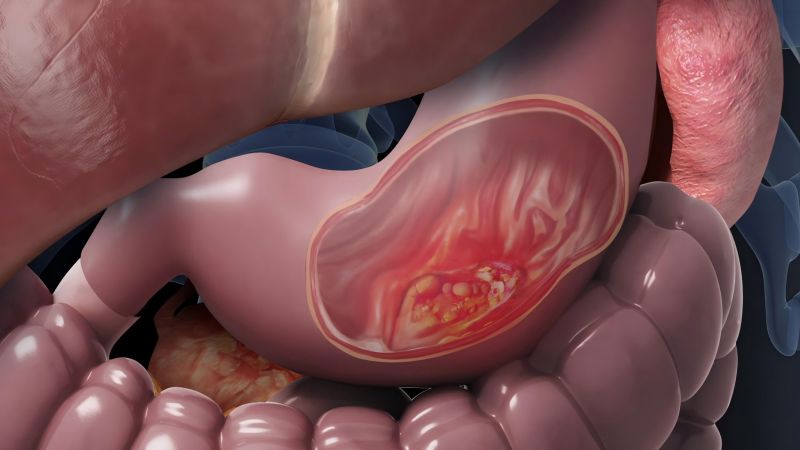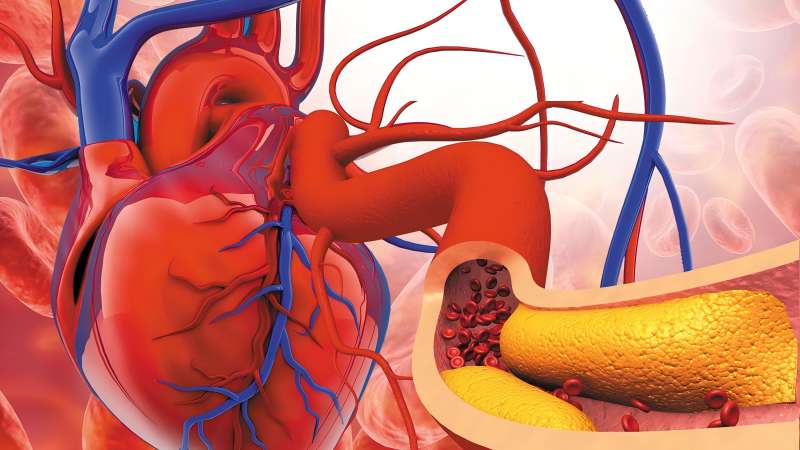Different Types Of Diabetes: Symptoms, Causes And Treatment
Diabetes is a chronic disease which occurs when the body does not produce enough insulin or when it fails to use the insulin it produces in an efficient manner. Insulin is a hormone which controls the blood sugar.
This disease is very common among the majority of elderly people. Unfortunately, many young people are also falling prey to this disease at present. Diabetes has become a silent epidemic.
Understanding the different types of diabetes
In this article, we are going to discuss about the different types of diabetes, along with their causes, symptoms and treatment. Let us begin this discussion with Type 1 diabetes.
What is Type 1 diabetes?
Type 1 diabetes can be described as an autoimmune disease which affects the pancreas. This deceases the production of insulin in your body. It requires daily administration of insulin within your body.
This type of diabetes usually occurs during childhood and young adults. However, people of all ages can develop this disease. It is believed that people with type 1 diabetes usually constitute 5 to 10 percent of those with diabetes.
Causes of type 1 diabetes
The exact cause of type 1 diabetes remains unknown. It is believed that this type of diabetes occurs because of an autoimmune reaction. This causes the immune system of the body, especially the T cells, to attack and decimate all those cells inside the pancreas which produce insulin.
When all the insulin producing cells will get destroyed, the pancreas will be unable to produce any insulin.
Genetics also plays an important role here. According to experts, individuals with some certain genetic markers have higher risk of getting this disease. Some cells, which are known as autoantibodies can also target the pancreatic cells.
It is believed that around 85 to 90 percent of individuals who will develop Type 1 diabetes in future have at least one category of autoantibody present in their body. Exposure to viruses can also cause Type 1 diabetes.

Symptoms of Type 1 diabetes
When any individual has type 1 diabetes, his or her body will be unable to control glucose levels in the bloodstream. This will increase the level of glucose in both blood and urine. There are numerous symptoms of this disease. Some of them are as follows:
●Increased appetite
●Increased thirst
●Urinating frequently
●Weight loss
●Mood swings
●Feeling of weakness
●Fatigue
●Blurry vision
●Children wetting their beds
Treatment of Type 1 diabetes
Unfortunately there is no proper treatment for Type 1 diabetes. The only treatment which is practiced today is to give insulin to the patients. People suffering from this disease are required to inject insulin into their bodies on a daily basis for managing blood sugar levels. Besides injecting insulin, you can also manage blood sugar levels by:
●Eating a healthy balanced diet
●Exercising regularly
●Controlling cholesterol and blood pressure
●Maintaining a good sleep hygiene
What is Type 2 diabetes?
Type 2 diabetes is a chronic condition which has a significant impact on the way by which the body uses glucose for energy. It is regarded as the most common form of diabetes during the modern period. It is believed that around 90 percent of people with diabetes have Type 2.
This form of diabetes usually affects those people whose age is above 45. Unfortunately, an increasing number of children, teenagers and young adults are becoming victims of Type 2 diabetes. This is mainly due to their lifestyle habits, such as drinking soft drinks and lack of physical exercises.

Causes of Type 2 diabetes
Insulin resistance can be regarded as the main cause of Type 2 diabetes. This means that the body is unable to respond properly to the insulin which the pancreas produces.
Initially the pancreas will increase the production, but production will decrease after some period of time. If pancreas does not produce enough insulin, it will lead to an increase in the glucose levels in the bloodstream.
Type 2 diabetes also occurs due to genetics. According to some experts, people belonging to any minority ethnic group are more prone to suffer from Type 2 diabetes compared to those who belong to a diverse ethnic group.
Symptoms of Type 2 diabetes
According to medical experts, the symptoms of Type 2 diabetes may develop slowly over many years before a person can understand that he or she is suffering from Type 2 diabetes. The symptoms for which you should look for are:
●Urinating more frequently than usual
●Feeling more thirsty than usual
●Increase in hunger
●Loss of weight
●Infections occurring frequently
●Numbness in hands or feet
●Wounds or sores healing slowly

Treatment of Type 2 diabetes
Just like Type 1 diabetes, this type of diabetes also does not have any exact cure. People suffering from this condition can consult a doctor and take the help of a medical team.
The doctor may suggest you to inject insulin within your body or any other injectable medications. They may also prescribe oral diabetes medicine. These medicines may help the patients to manage their blood sugar levels and avoid complications.
What is Gestational diabetes?
Gestational diabetes occurs to pregnant women. It is the form of diabetes which increases blood sugar levels during pregnancy. This form of diabetes can have a negative impact on the health of the baby.
Causes of Gestational diabetes
It is still a mystery why some women get gestational diabetes whereas others do not get it. It is believed that excess weight before pregnancy can play an important role in the development of Gestational diabetes. Pregnancy also results in some insulin resistance, which increases the glucose level in the body.
Symptoms of Gestational diabetes
Majority of pregnant women do not experience any kind of symptoms. However, increased thirst and frequent urination can be considered as symptoms of Gestational diabetes. This form of diabetes usually occurs during the 24th week of pregnancy.
Treatment of Gestational diabetes
Gestational diabetes can be treated by making changes in the lifestyle. Such changes are:
●Eating a balanced diet
●Remaining physically active
●Monitoring the baby throughout pregnancy.
The doctor may even prescribe insulin, metformin or any other form of medication.
Conclusion
Diabetes is a serious disease so it should not be taken lightly. One should look for the symptoms can consult a doctor immediately after noticing one.
OTHER NEWS
-
- Knowledge About Lower Back Pain
- By Jason 05 Mar,2024

-
- Lymphoma Symptoms: When To See A Doctor And What To Expect
- By Prodosh Kundu 08 Oct,2024

-
- Causes of physical fatigue and lethargy
- By Jason 11 Mar,2024

-
- The Most Common Mental Illness: Symptoms and Treatment Options
- By Prodosh Kundu 23 Sep,2024

-
- Stomach Cancer: Symptoms, Risk Factors, and Early Detection
- By Prodosh Kundu 23 Sep,2024

-
- Living with Bone Marrow Cancer: Tips for Patients and Families
- By Prodosh Kundu 18 Sep,2024

-
- Rehabilitation training after fracture involves reduction
- By Jason 05 Mar,2024

-
- Exploring Key Factors in Dental Health
- By Roha Tariq 28 Apr,2024

-
- The Connection Between High Cholesterol and Heart Disease
- By Prodosh Kundu 08 Oct,2024

-
- Non-allergic rhinitis—vasomotor rhinitis
- By Dr. James 12 Apr,2024

-
- Things You Need to Know About Gum Bleeding
- By Dr. James 21 Mar,2024

-
- The causes of bloating in the upper abdomen and abdominal tympany are as follows
- By Jason 05 Mar,2024

 1
1 1
1